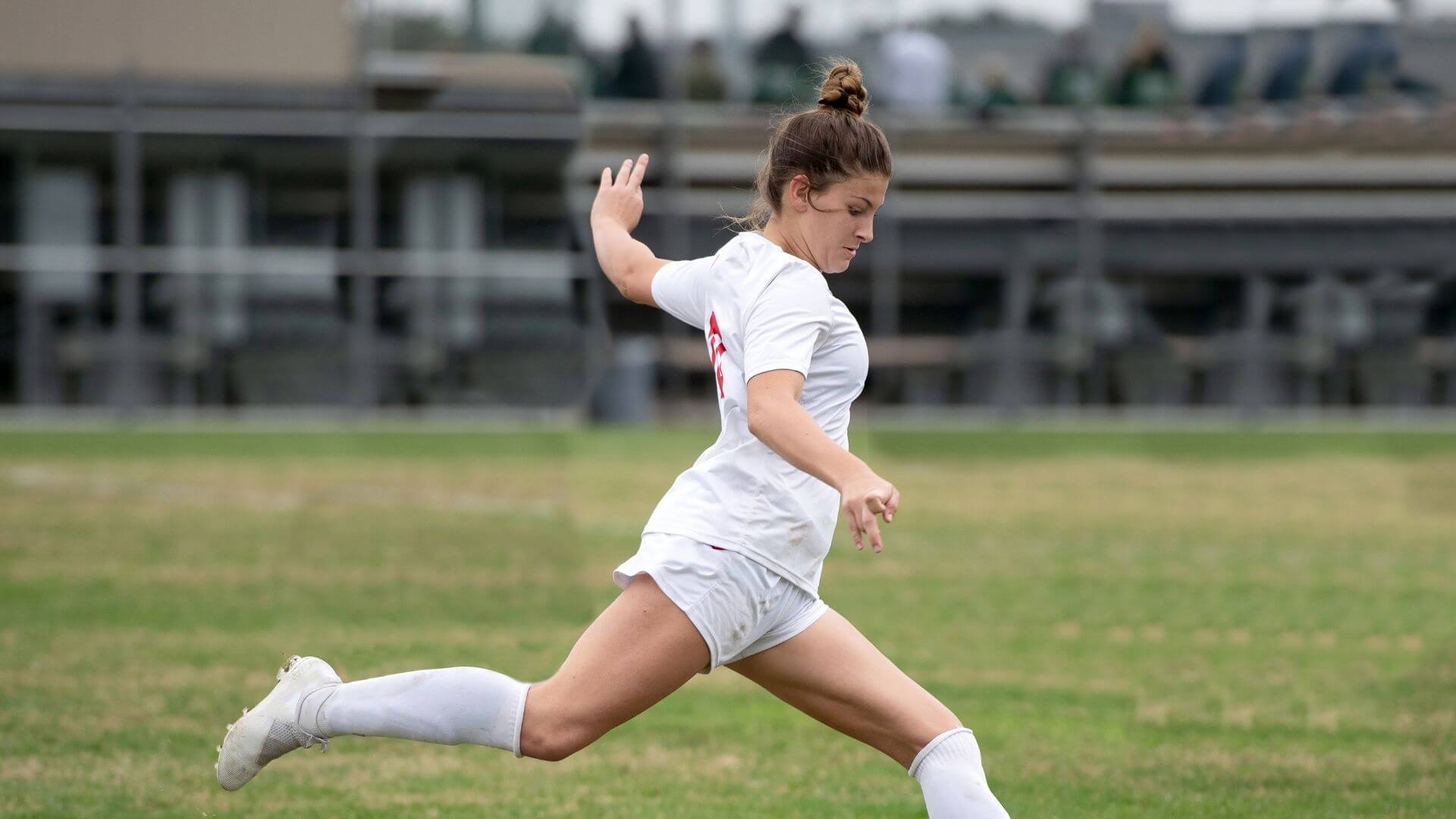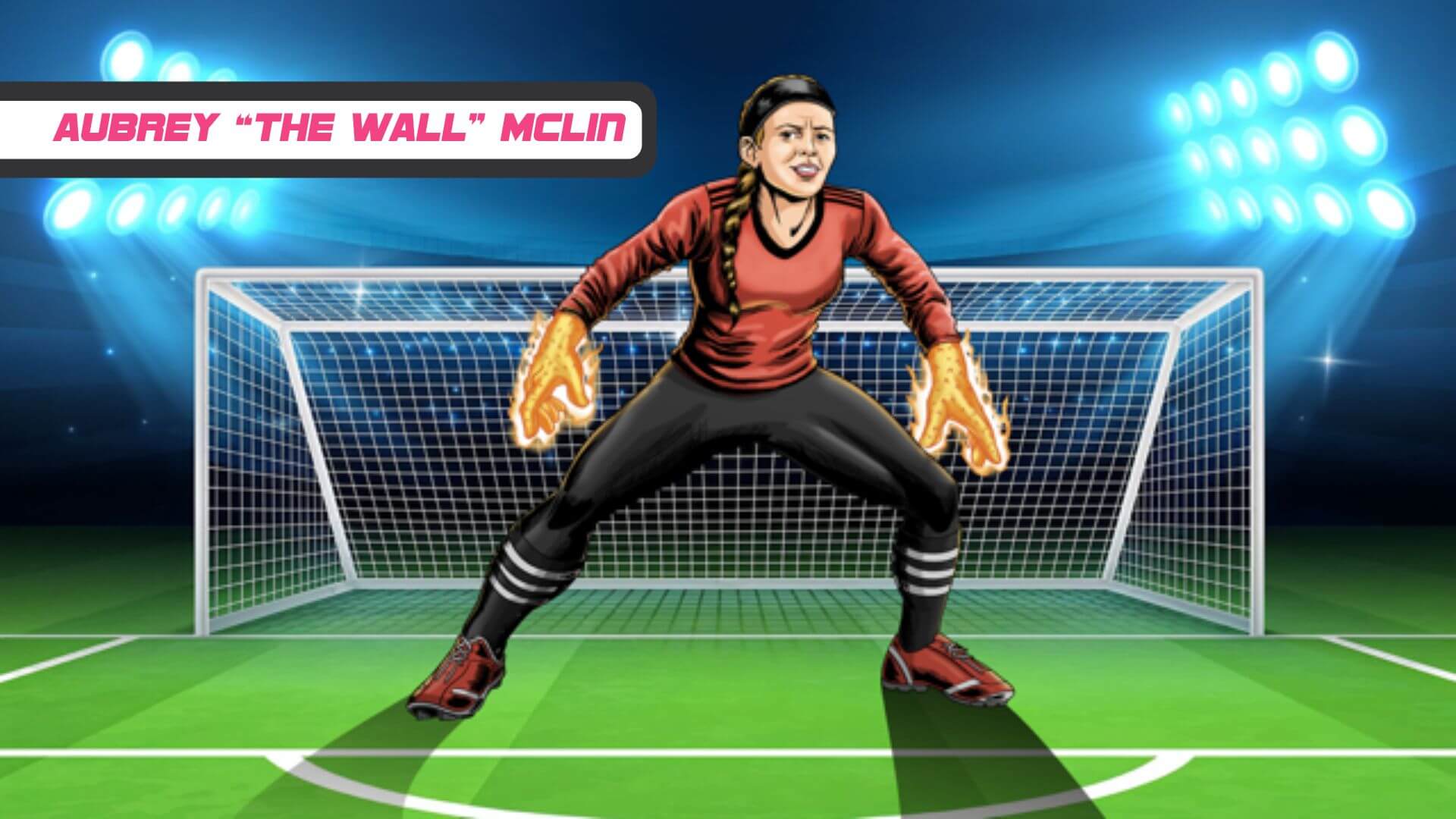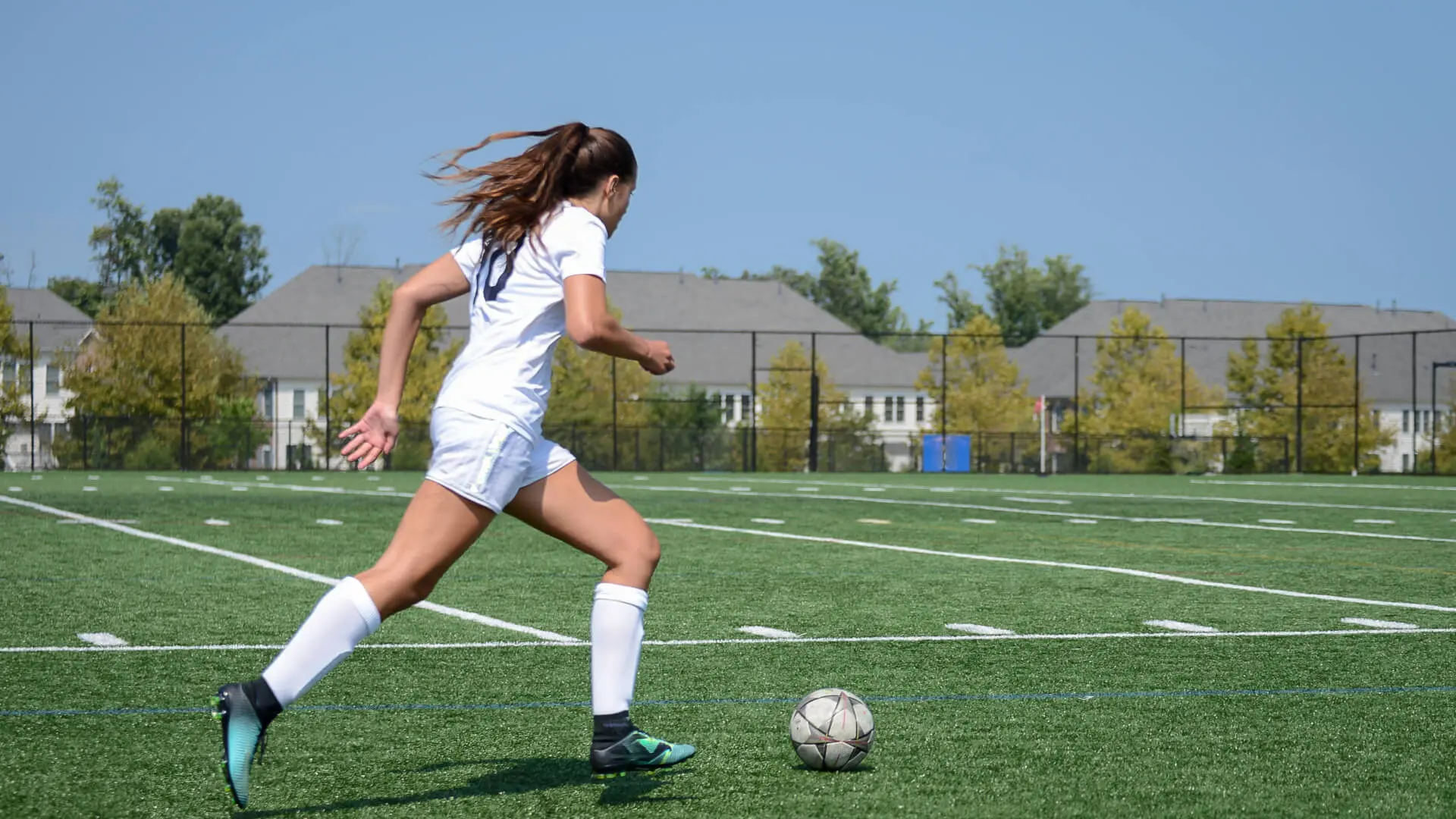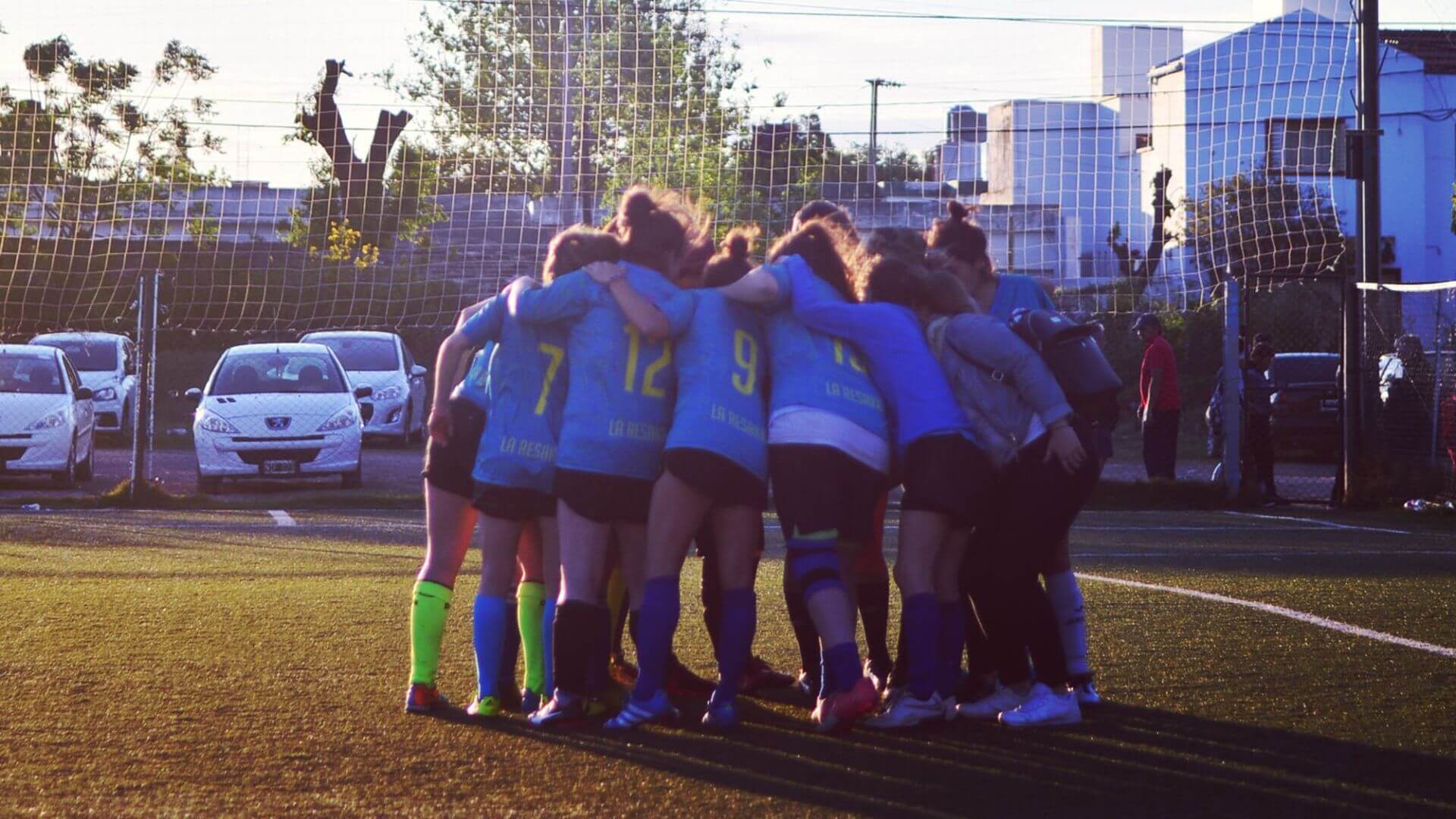The Mental Aspects of Injury Recovery for a Soccer Player
Injuries are an unfortunate reality in soccer, a sport that demands physical intensity and agility. While physical rehabilitation is often the primary focus, the mental aspects of recovery are equally critical. A soccer player’s mindset during injury recovery can significantly impact the speed and success of their return to the field. We are going to delve into the psychological challenges and strategies to navigate the journey back to peak performance.
Emotional Responses to Injury
For many soccer players, an injury triggers a whirlwind of emotions.
Shock and Denial: Initially, players may struggle to accept the severity of their injury, particularly if it disrupts their season or long-term goals.
Frustration and Anger: Missing practices, games, and team camaraderie often lead to feelings of frustration.
Fear and Anxiety: Concerns about re-injury, loss of skills, or falling behind teammates can create anxiety, impacting self-confidence.
Depression: Prolonged inactivity and isolation from the team can result in sadness or feelings of worthlessness.
Recognizing these emotions is the first step toward managing them effectively.
Maintaining a Positive Mindset
A positive outlook plays a crucial role in recovery. While it’s natural to feel discouraged, maintaining hope and determination can significantly impact the healing process. Resilience to hardship starts in your mindset, becoming your best asset in sport and in life. Here are some ways to foster positivity:
Focus on Progress: Celebrate small victories, such as regaining range of motion or completing a new rehab exercise.
Visualize Success: Picture yourself back on the field, performing at your best. Visualization can help reinforce motivation and accelerate recovery. Your thoughts directly affect your body.
Practice Gratitude: Reflect on the aspects of life and soccer that bring joy, even during setbacks.
Building Mental Resilience
Injury recovery is a test of mental toughness. Soccer players must develop resilience to overcome setbacks and maintain focus on their long-term goals. Key strategies include:
Setting Realistic Goals: Break recovery into manageable milestones. Achieving small goals builds confidence and keeps motivation high. Small steps equal big gains.
Staying Present: Focus on what you can control today rather than worrying about future uncertainties. Mindfulness practices like meditation can help ground you.
Developing Patience: Recovery often takes longer than anticipated. Accepting the process can prevent frustration and mental burnout.
Overcoming Isolation
One of the most challenging mental aspects of injury recovery is the feeling of isolation. Being away from the team environment can leave players feeling disconnected. Combat isolation by:
Staying Involved: Attend games, support your teammates, and participate in team activities whenever possible.
Leaning on Support Systems: Family, friends, coaches, and teammates can provide encouragement and understanding during tough times.
Connecting with Others in Recovery: Sharing experiences with other injured athletes can create a sense of camaraderie and mutual support.
Managing Fear of Re-Injury
The fear of re-injury is common, particularly as a player transitions back to the field. This fear can hinder performance and prolong full recovery if is not addressed.
Trust the Process: Work closely with medical professionals and trust their guidance regarding your readiness to return. It’s crucial that proper healing takes place before returning to full-on practice or play.
Rebuild Confidence Gradually: Ease into training and match play, starting with low-pressure situations.
Focus on Strength and Preparation: Knowing you’ve done the work to recover and strengthen your body can alleviate fears of re-injury.
Learning from the Experience
Injuries can be transformative experiences, providing valuable lessons and opportunities for growth. Many players emerge from recovery with a renewed perspective on their sport and a deeper appreciation for their physical abilities, along with learning some tools on how to prevent future injuries.
Mental Toughness: Overcoming adversity can enhance your resilience and mental fortitude.
Improved Self-Awareness: Time away from the field allows for reflection on strengths, weaknesses, and personal goals.
Better Balance: Injuries often teach the importance of rest, recovery, and work-life balance in a soccer career.
Seeking Professional Help
For players struggling with the mental toll of an injury, consulting a sports psychologist can be incredibly beneficial. These professionals can provide tailored strategies for coping with stress, staying motivated, and rebuilding confidence. An injury psychologist on Instagram, Dr. Carl Bescoby, offers a plethora of information and guidance along your journey from injury to healing. Summit Soccer Academy in Boston, MA, also offers services in sports psychology.
To conclude, injury recovery for a soccer player is not just a physical journey—it’s a mental one. From managing emotions and fostering resilience to overcoming fears and embracing growth, the psychological side of recovery is essential. By addressing the mental aspects of injury, players can return stronger, more confident, and ready to excel on the field.
_
GIRLS SOCCER NETWORK: YOUR SOURCE FOR GIRLS SOCCER NEWS














